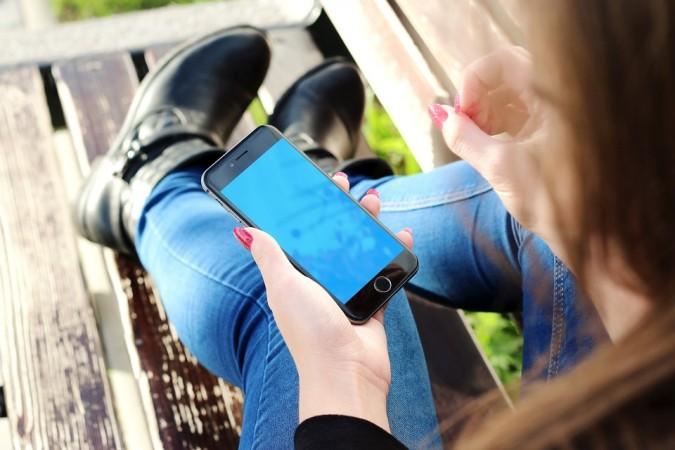
Phones have become inseparable part of our lives. But researchers and experts warn that phone addiction is the latest illness people are finding difficult to deal with.
Here are the important things you need to know about this new age ailment:
1. This problem is described using some newly coined words like nomophobia, which stands for "no-mobile-phone phobia" and smartphone zombie.
Though it is not included in the diagnostic and statistical manual yet, overuse of phones is considered an addiction similar to gambling, The New Times reported quoting Rachna Pande, an internal medicine specialist.
2. Some of the symptoms of smartphone addiction are feeling the urge to use the phone more often and looking for the phone when feeling depressed or having anxiety. Wasting a lot of time using the phone without realising it, desperately craving to get the latest phone models, putting one's job or relationship at risk, feeling annoyed, anxiety, irritation and depression due to unavailability of phone or network, etc are some other signs of being a phone addict, the report said.
One even experiences neck pain and digital eye strain due to excessive use of cell phones
3. "Looking down at your phone can add up to 60 pounds of pressure on your spine, depending on the angle. Tilting your head forward puts a strain on your neck and back which results in a permanently disturbed posture and puts a lot of stress on your neck, shoulder, and cervical spine, which can turn into chronic back pain in the long run," a research carried out by the New York University has confirmed.
4. Using phones for long a span of time can damage your neck, spine, back muscles and even cause migranes, warned Celestine Karangwa, a physiotherapist at TCM Technology Clinic in Kigali.
5. Apart from these, phones have the ability to impact male fertility as the radiation emitted by the phone can lower sperm count and vitality.
6. Phones have the ability to disturb our sleep-wake cycle, the light emitted by the screen of the phone is considered to be daylight by the brain and this lowers the production of sleep hormone melatonin in our body.
7. Rachna Pande advised how people suffering from nomophobia should be treated:
"An individual addicted to cell phone use needs counselling to get rid of this addiction. They should be told about the physical and mental hazards, as well as the need for improving human contact. They should be weaned away from the telephone starting from say an hour daily and increasing the time gradually. It is important to keep them engaged in other activities so that the mind is diverted away from the phone. Yoga and meditation help one to improve self-determination and can help him to overcome this addiction," The New Times quoted.
















